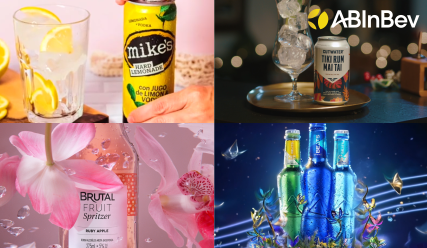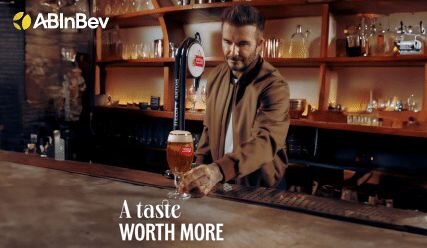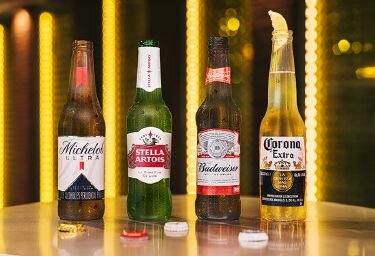Our Purpose is to Dream Big to Create a Future with More Cheers
Our Purpose is to Dream Big to Create a Future with More Cheers
Our purpose drives everything we do. We are building on our more than 600 years of heritage, we are always looking to serve up new ways to meet life’s moments, and we dream big to move our industry forward.
Our purpose drives everything we do. We are building on our more than 600 years of heritage, we are always looking to serve up new ways to meet life’s moments, and we dream big to move our industry forward.
Passion for beer is at the heart of everything we do.
We are the proud makers of more than 500 iconic global and local brands.
Discover our brands

Create a future with more cheers with us
We're seeking passionate people who'll be inspired by brewing the world's most loved beers, building iconic brands and creating meaningful experiences.







